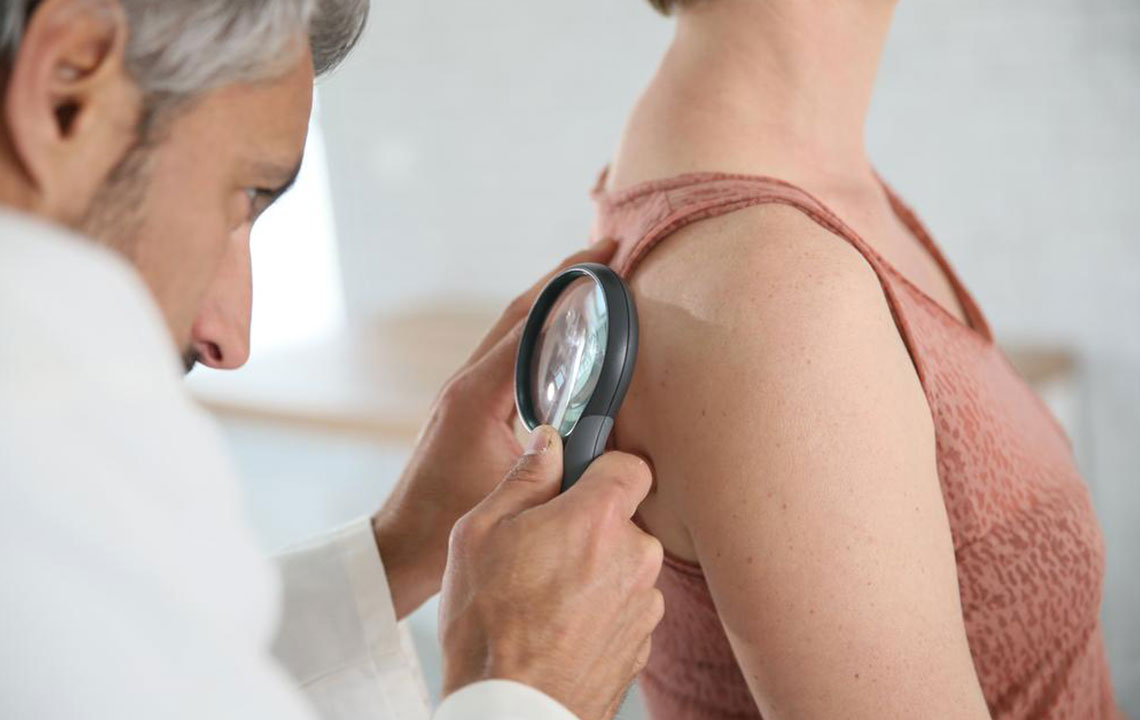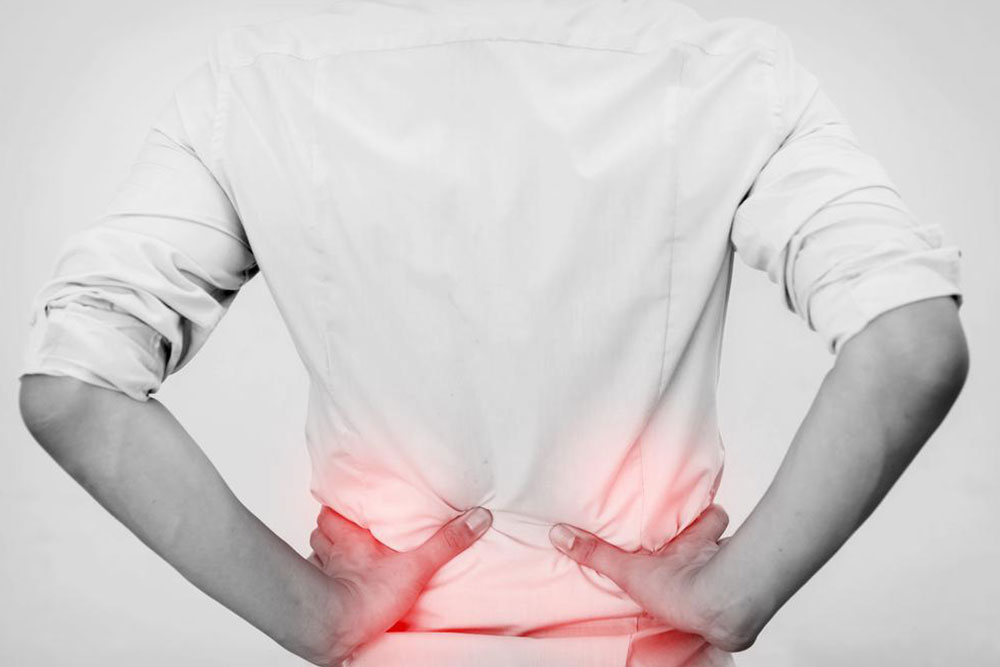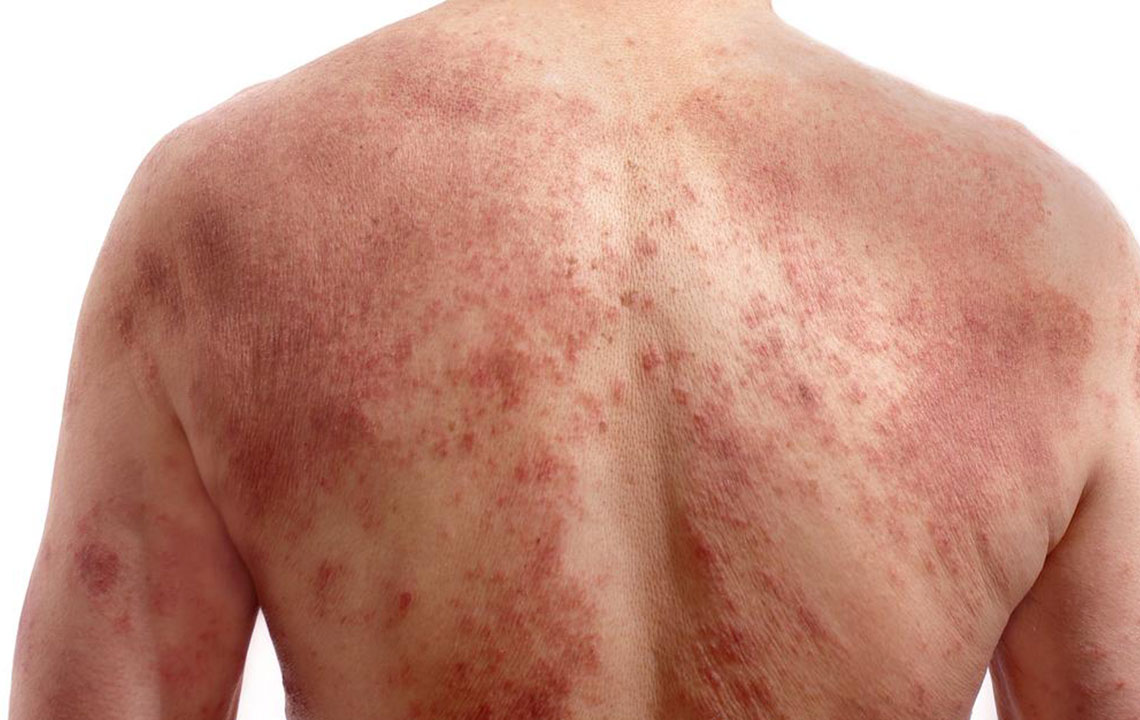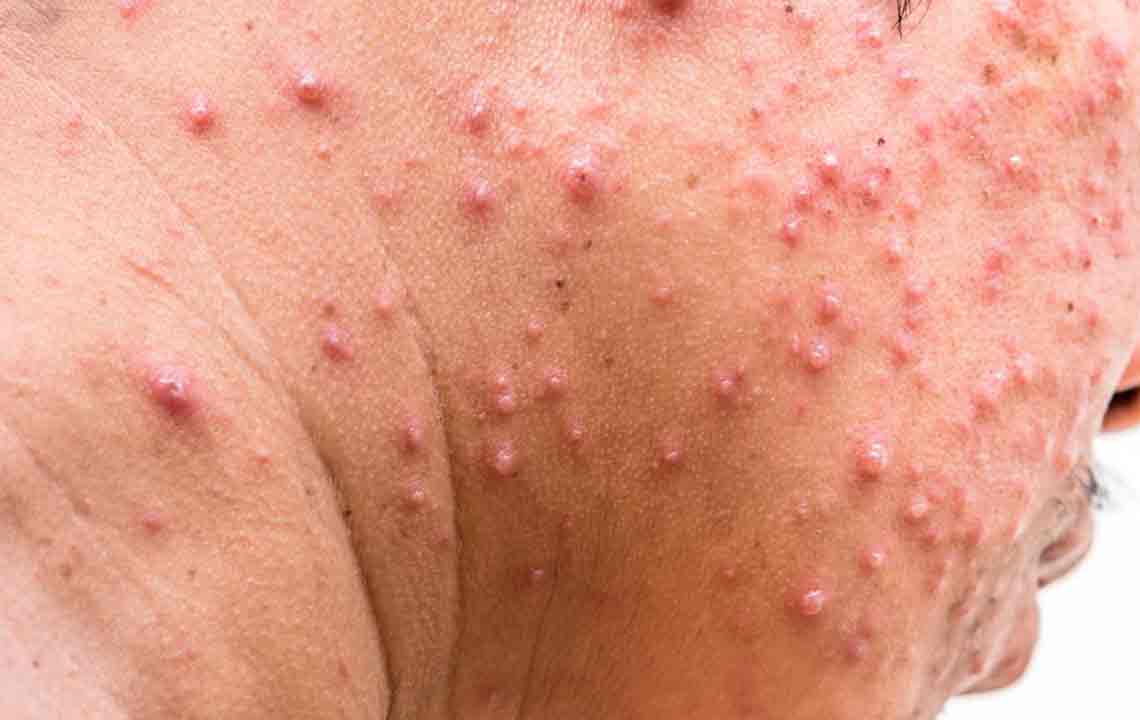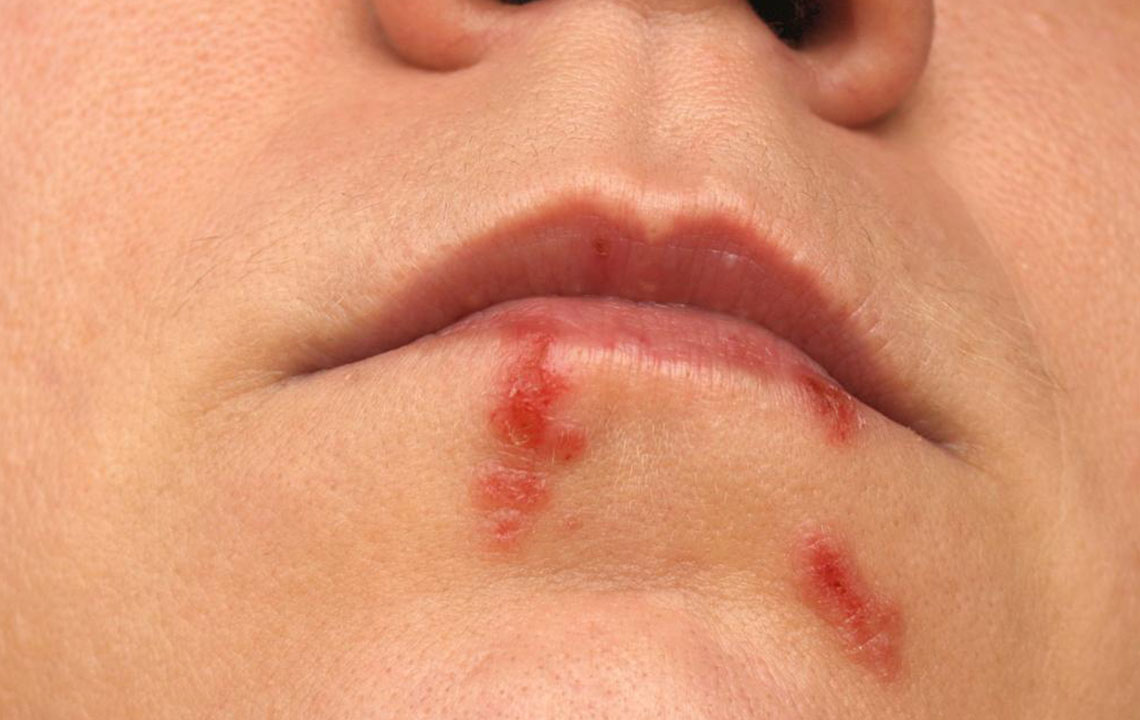Effective Strategies for Managing Shingles with Medications and Home Care
Learn about effective treatments for shingles, including antiviral medications, pain management, and home remedies. Early diagnosis and appropriate care are crucial to reduce complications and speed recovery. Understand when to seek medical attention and explore safe home care options to alleviate symptoms and enhance healing.
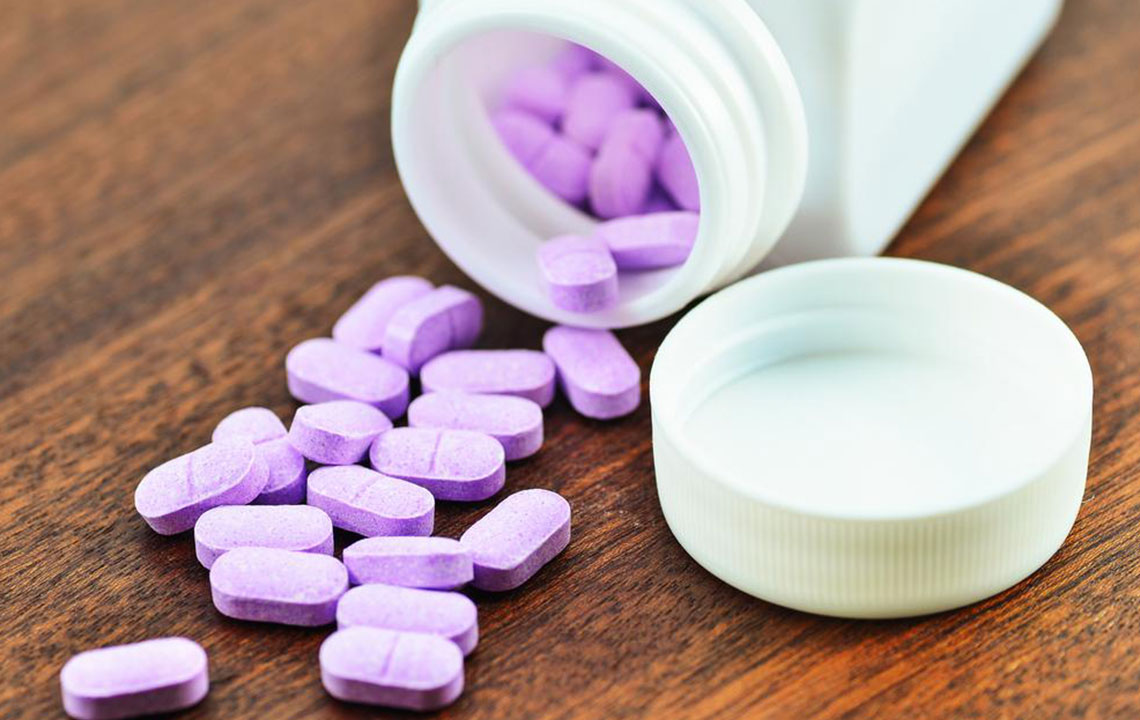
Effective Strategies for Managing Shingles with Medications and Home Care
Shingles, also known as herpes zoster, results from the reactivation of the varicella-zoster virus. It presents as a painful skin condition characterized by rashes and discomfort. The virus affects nerve areas, causing symptoms that last approximately 2 to 6 weeks.
Diagnosis
While shingles is rarely life-threatening, it can lead to serious complications such as paralysis, hearing loss, vision problems, and neurological issues if not treated promptly. Recognizing early signs and consulting a healthcare professional ensures faster recovery and prevents long-term effects.
Healthcare providers can usually identify shingles by its visible rash or blisters. In some cases, microscopic examination may be needed, especially if outbreaks keep recurring or if immune defenses are compromised.
Although shingles often resolve on their own over time, medications such as antivirals, pain relievers, and other treatments can greatly ease symptoms. Most treatments aim to reduce viral activity, alleviate pain, and shorten recovery time. Your doctor will determine the best course based on your individual condition.
Patients typically do not require hospitalization unless their immune system is severely weakened. Staying home, resting, and following medical advice are usually sufficient. For some, especially those with compromised immunity, hospitalization may be necessary.
Common shingles treatments include antiviral drugs, vaccines, steroids, and anticonvulsants.
Analgesics in gel or cream form can help mitigate pain.
Medications like corticosteroids are prescribed if pain persists.
Tricyclic antidepressants can help manage nerve pain due to their calming effects.
Antihistamines may be used to reduce itchiness.
Nerve block injections are sometimes employed for pain relief.
Over-the-counter painkillers may be considered, but medical guidance is recommended to choose appropriate options.
Shingles treatment usually lasts 7 to 10 days, with dosage adjusted according to symptom severity. Persistent rashes might require stronger medication.
The main goal of treatment is symptom control and preventing complications, not eradicating the virus completely.
Pregnant women and children typically avoid antiviral treatments; home remedies are often advised to reduce side effects.
Simple home remedies include daily cleaning of blisters with cold water to reduce irritation, and topical applications like calamine lotion for soothing effects.
Baking soda or cornstarch pastes can help dry out rashes and foster healing.
Eating a balanced diet rich in proteins, vitamins, and minerals supports immune health, aiding quicker recovery.

